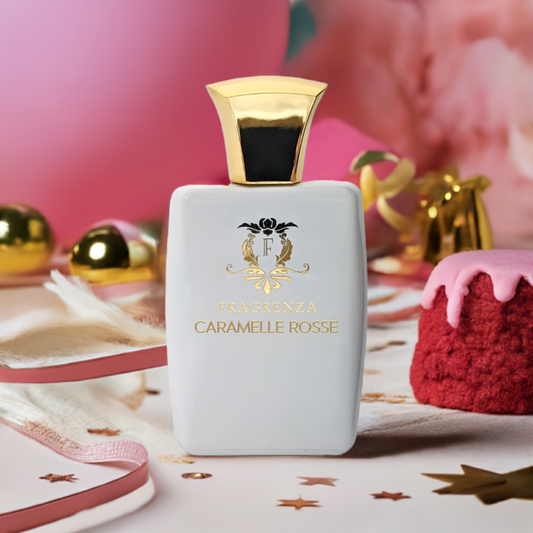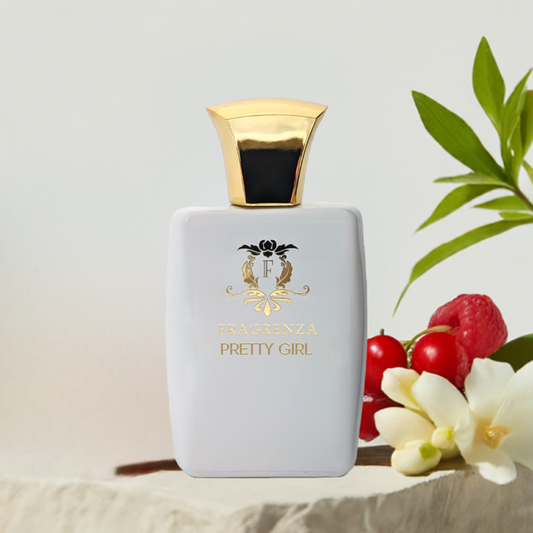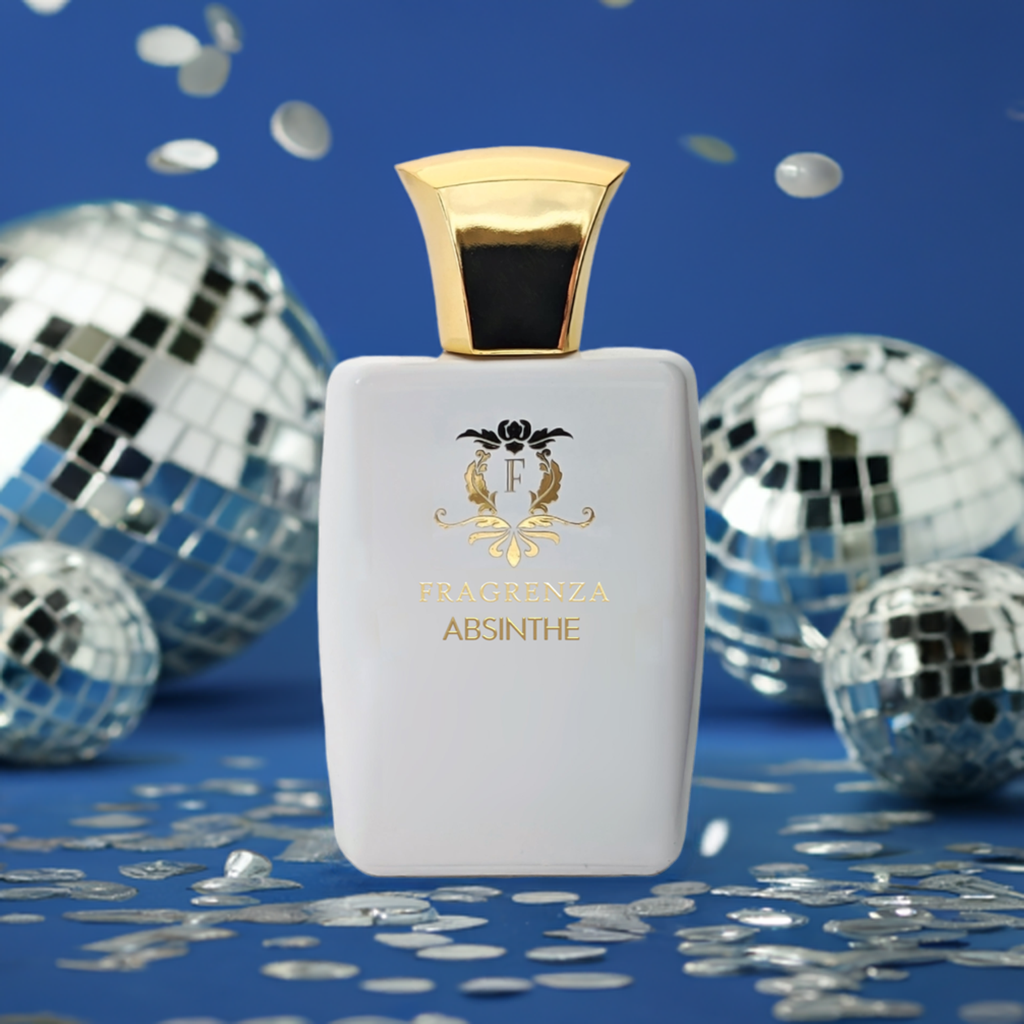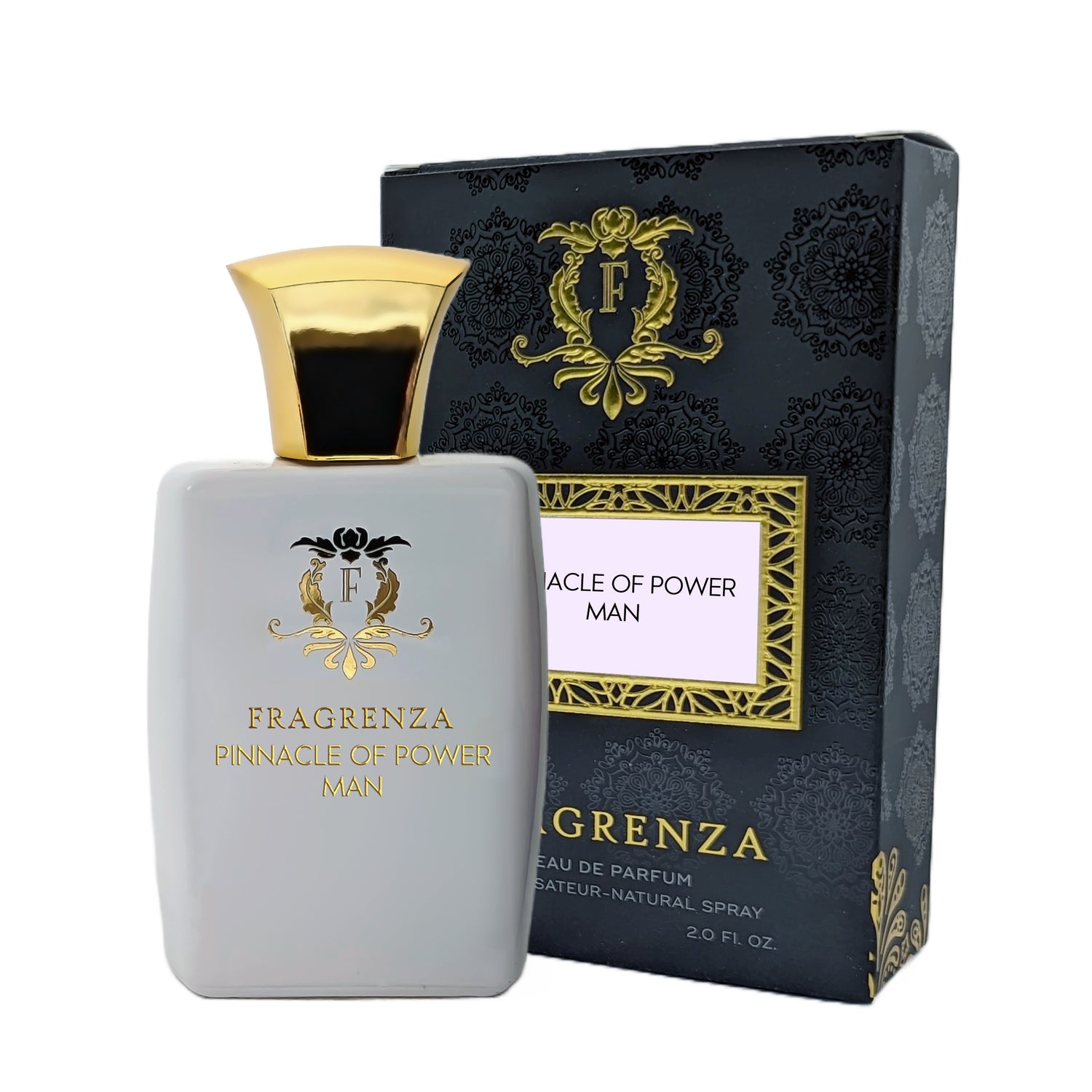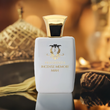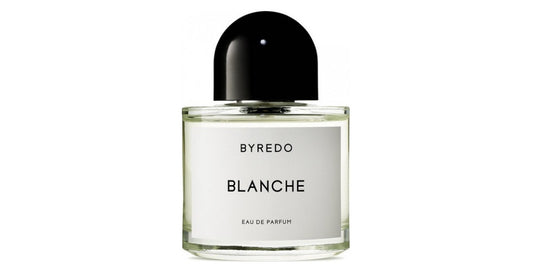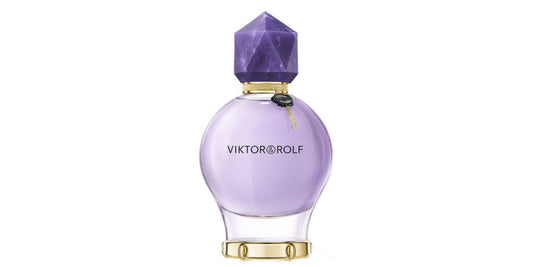Scent and Sleep: The Effects of Fragrances on Sleep Quality
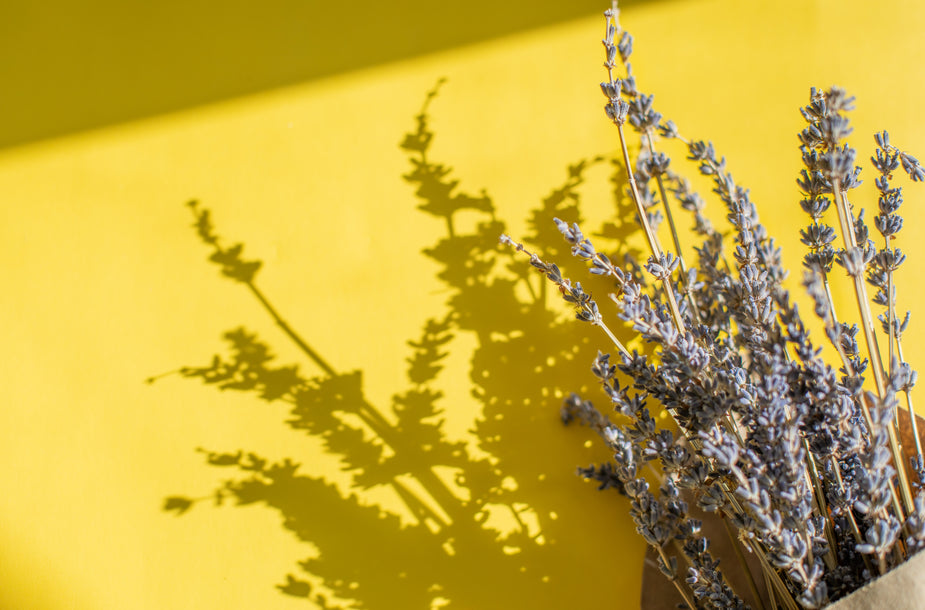
In This Article
Sleep - an essential part of our daily routine, yet a challenging state to achieve for many. Modern-day stressors, anxiety, and insomnia disrupt our natural sleep patterns, leading to an exhaustive cycle of restlessness. Have you ever considered that the solution to a good night's sleep might be hiding in your perfume cabinet? Let's dive into the world of aromatherapy and discover how fragrances can influence sleep quality.
The Science of Scent
Our sense of smell, or olfaction, is directly linked to the brain's limbic system, which is responsible for memory, mood, and emotion. When we inhale a fragrance, the odor molecules stimulate our olfactory receptors, sending signals to our brain that can elicit various emotional and physiological responses.
The Power of Aromatherapy
Aromatherapy, a holistic healing treatment using natural plant extracts, has been practiced for centuries. Essential oils, the lifeblood of plants, are used in aromatherapy for their therapeutic properties. Certain fragrances have been found to promote relaxation and improve sleep quality.
Fragrances that Promote Sleep
Lavender is one of the most recognized scents associated with sleep and relaxation. Multiple studies have confirmed its sedative properties, reducing heart rate and blood pressure, inducing relaxation, and promoting deep sleep. A study published in the Journal of Biological and Medical Rhythm Research found that lavender increased the percentage of deep or slow-wave sleep in both men and women.
Known for its sweet, cozy aroma, vanilla is another scent that promotes relaxation and sleep. A study conducted by the Tubingen University in Germany found that vanilla fragrance reduced the startle reflex, one of the body's automatic responses to sudden or threatening stimuli, suggesting a calming effect.
ChamomileChamomile, with its light, floral scent, is not only popular as a sleep-inducing tea but also works wonders in fragrances. It has a calming effect on the mind and body, promoting restful sleep.
Bergamot, a citrus fruit, may seem like an unusual sleep promoter, but its oil possesses a unique calming effect. Its bright, invigorating scent has a surprising ability to relax and alleviate stress, promoting peaceful sleep.
Incorporating Fragrance into Your Bedtime Routine
There are multiple ways to introduce sleep-promoting fragrances into your nightly routine. Scented candles or diffusers can fill your bedroom with a soothing aroma. Essential oils can be used in a bedtime bath or applied to the skin before sleep (always dilute essential oils before skin application). Additionally, certain perfumes and pillow sprays have been specifically formulated with sleep-inducing scents.
To conclude, scents play a significant role in our sleeping patterns. They can help create an atmosphere conducive to relaxation and sleep, making it easier to unwind at the end of the day. However, everyone responds to scents differently, so it's important to find what works best for you. And remember, while fragrances can aid in promoting sleep, they should be used in conjunction with good sleep hygiene practices for the best results.



